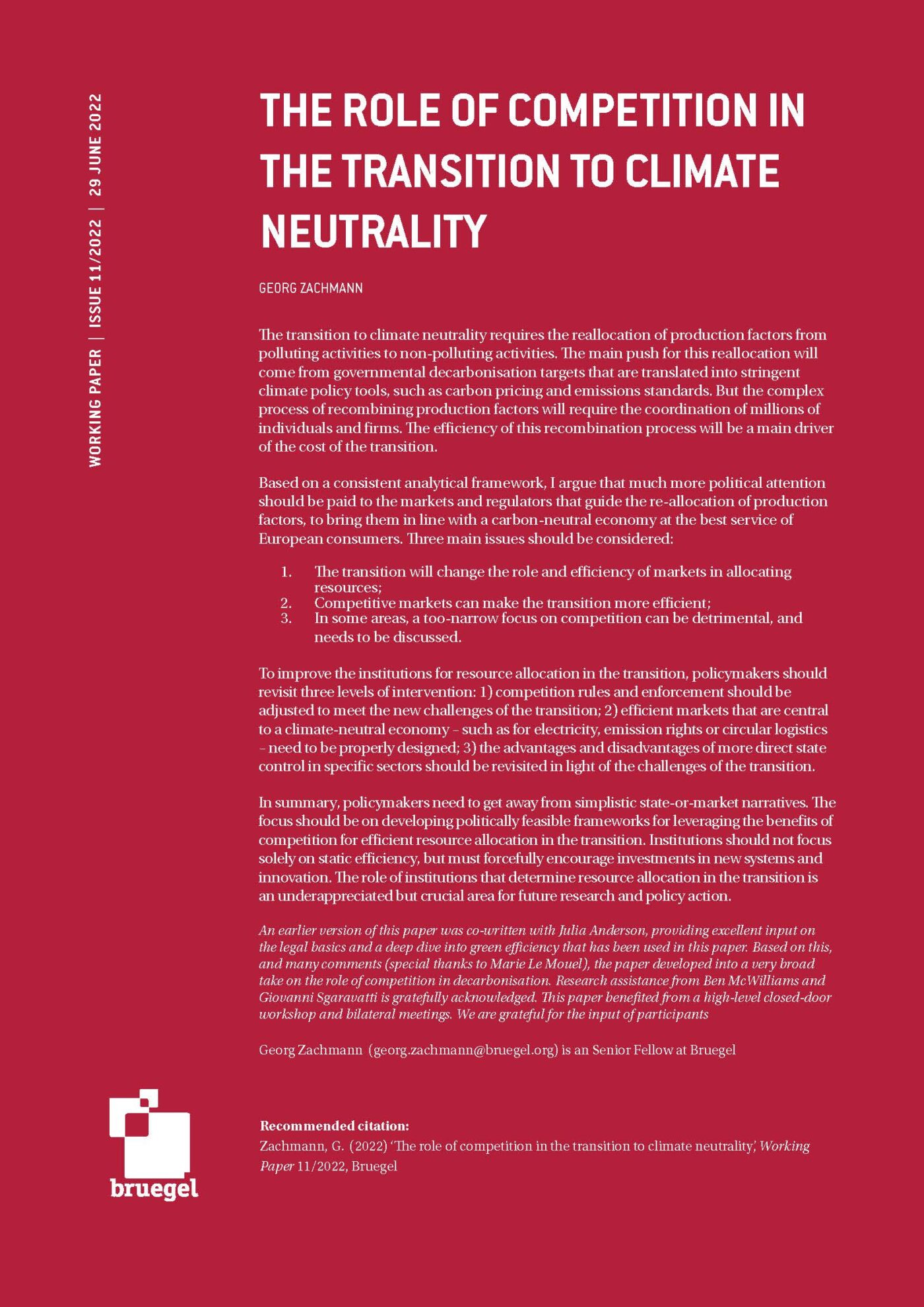Past Event
Should we revisit the patent system for pharmaceutical products?
Analysis of the legal issues with the current IP system for regulated market authorisations for pharmaceutical products, as well as its economic effects.
video & audio recordings
summary
The panel set themselves to address some fundamental questions about the European patent system and how it affects the pharmaceutical sector, as the pharmaceutical industry represents roughly 30% of all the EU R&D spending. They discussed the proposal put forward by the Commission about a reform of the supplementary protection certificate, which extends pharmaceutical companies’ patent protection for an additional 5 years maximum as a compensation for the years of patent term lost for the development of the patented product prior to effective market entry. In order to boost jobs creation in generics and biosimilars manufacturing and to alleviate some of the concerns about access to medicines, the reform would introduce a waiver for generic and biosimilar manufacturers’ exports outside the EU. This would allow them to manufacture generic and biosimilar versions of protected products and to sell them abroad without fees to patent-owners. The private sector is however concerned this initiative reduces IP rights, while recognizing the Commission’s efforts to introduce safeguards with regards to labelling and stockpiling.
The panel then discussed two studies that explored the legal and economic aspects of the proposed reforms. Economically, intellectual property protection in the pharmaceutical industry is found to incentivise innovation, but is negative for access to the molecules developed. Indeed, protection results in a significantly higher price compared to when competition from generic versions of the products enter the market. From a legal perspective, the reform is found to be necessary as the Court of Justice of the EU has taken decisions that have led to a divergence from the legal basis: reducing that divergence, either by codifying case law or addressing the ambiguities in the legal basis.
Participants then discussed some of the shortcomings of the current patent system in general. Some of the key issues of the current systems on which most participants seem to agree was the need to unify the EU intellectual property framework and the need to consider the global aspect of intellectual property legislation. Indeed, participants agreed that the current system is very fragmented, with 28 regulators, 28 sets of rules and 28 times the amount of administrative costs – for 28 nations that aspire to form a single market, this was perceived as inefficient. Furthermore, participants mentioned how other nations’ own legislative templates were influenced by the EU’s system and that there existed international agreements. These therefore limit the degrees of freedom the EU has to reform. However, the pharmaceutical industry clarified that duration of intellectual property protection was generally not a factor in selecting a location for establishing activities.
More broadly, participants and the audience discussed how other incentives for innovation in the EU had been left out of the debate, as well as fundamental problems. Because the real benefits of innovation cannot be known ex ante, intellectual property protection has always been a sort of trade-off between incentivisation and access. There was an agreement that, in addition of the traditional patent protection, other incentivisation mechanisms should be better leveraged for innovation, such as public funding for research, prizes, Europe-wide industrial policy, pricing policy or universities’ royalty system. In terms of more fundamental reforms of the patenting system, the audience suggested thinking of a system that factors in the profitability of innovation rather than merely the revenue side. They also highlighted the need to tackle “fake innovation” and abuse of the intellectual property system that stymies innovation, noting the importance of having transparent system with clear criteria for granting protection.
event materials
Study on the economic impact of supplementary protection certificates, pharmaceutical incentives and rewards in Europe, by Copenhagen Economics (call for tender 590/PP/GRO/SME/16/F/121)
Schedule
12:30-13:00
Check-in and lunch
13:00-14:00
Panel discussion
Chair: Reinhilde Veugelers, Senior Fellow
Arno Hartmann, Member of EFPIA's IP expert group
Christian Jervelund, Head Health Care and Life Sciences services, Copenhagen Economics
Margaret K. Kyle, Professor of Economics, Center for Industrial Economics (CERNA), MINES ParisTech (Ecole des Mines)
Roberto Romandini, Senior Research Fellow, Max Planck Institute for Innovation and Competition
Amaryllis Verhoeven, Head of Unit, Industrial Property and the Fight against Counterfeiting, European Commission
Bruno van Pottelsberghe, Former Non-Resident Fellow
14:00-14:30
Q&A
14:30
End
Speakers

Arno Hartmann
Member of EFPIA's IP expert group

Christian Jervelund
Head Health Care and Life Sciences services, Copenhagen Economics

Margaret K. Kyle
Professor of Economics, Center for Industrial Economics (CERNA), MINES ParisTech (Ecole des Mines)

Roberto Romandini
Senior Research Fellow, Max Planck Institute for Innovation and Competition

Bruno van Pottelsberghe
Former Non-Resident Fellow

Amaryllis Verhoeven
Head of Unit, Industrial Property and the Fight against Counterfeiting, European Commission

Reinhilde Veugelers
Senior Fellow
Location & Contact
Katja Knezevic
[email protected]

